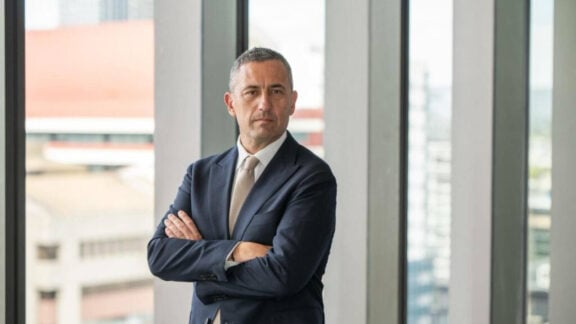Senator Nick Xenophon has given some hope to pregnant women faced with having their taxpayer-funded parental leave payments cut, after openly rejecting the proposed start date.
He condemned the 1 January start date as “manifestly unfair”, as it would mean that women who are currently pregnant would miss out on the government benefit they thought themselves to be entitled to.
The legislation was introduced last week to avoid “double dipping” – parents accessing paid leave from their employer, in addition to the taxpayer-funded paid leave scheme.
But Senator Xenophon said distressed women due to give birth in 2017 had been in contact with him regarding the proposal, reports Fairfax Media.
“I do believe, and I’ve discussed this with my colleagues, that having any such scheme as proposed by the government to start on January 1 would be manifestly unfair for any woman that is pregnant,” Mr Xenophon said.
“I know that another potential start date is October 1,” adding that a nine month delay would be reasonable.
“There is a lot of negotiation to do with Mr Porter and with [Treasurer Scott] Morrison in relation to that, including issues that have been raised with me about the whole aspect of there not being any means test for the household as a whole.”
Given that Labor and the Greens are expected to vote against the plan, the Xenophon senators are crucial to it passing through Parliament. Meanwhile Derryn Hinch and Pauline Hanson have indicated that they are considering it.
In addition to the entitlements paid for by their employer, as it stands new mothers have access to 18 weeks of paid leave at the minimum wage. If the motion is passed however, it will impact up to 80,000 women a year, leaving them some $12,000 worse off.
“I want to make it clear to anyone out there who is pregnant now and is worried about the impact of the scheme applying from January 1, that’s something that I won’t be supporting and my colleagues won’t be supporting,” Senator Xenophon said.
“To apply for somebody who is already pregnant, who in good faith thought they would get the benefit of that, that’s a big issue.”








